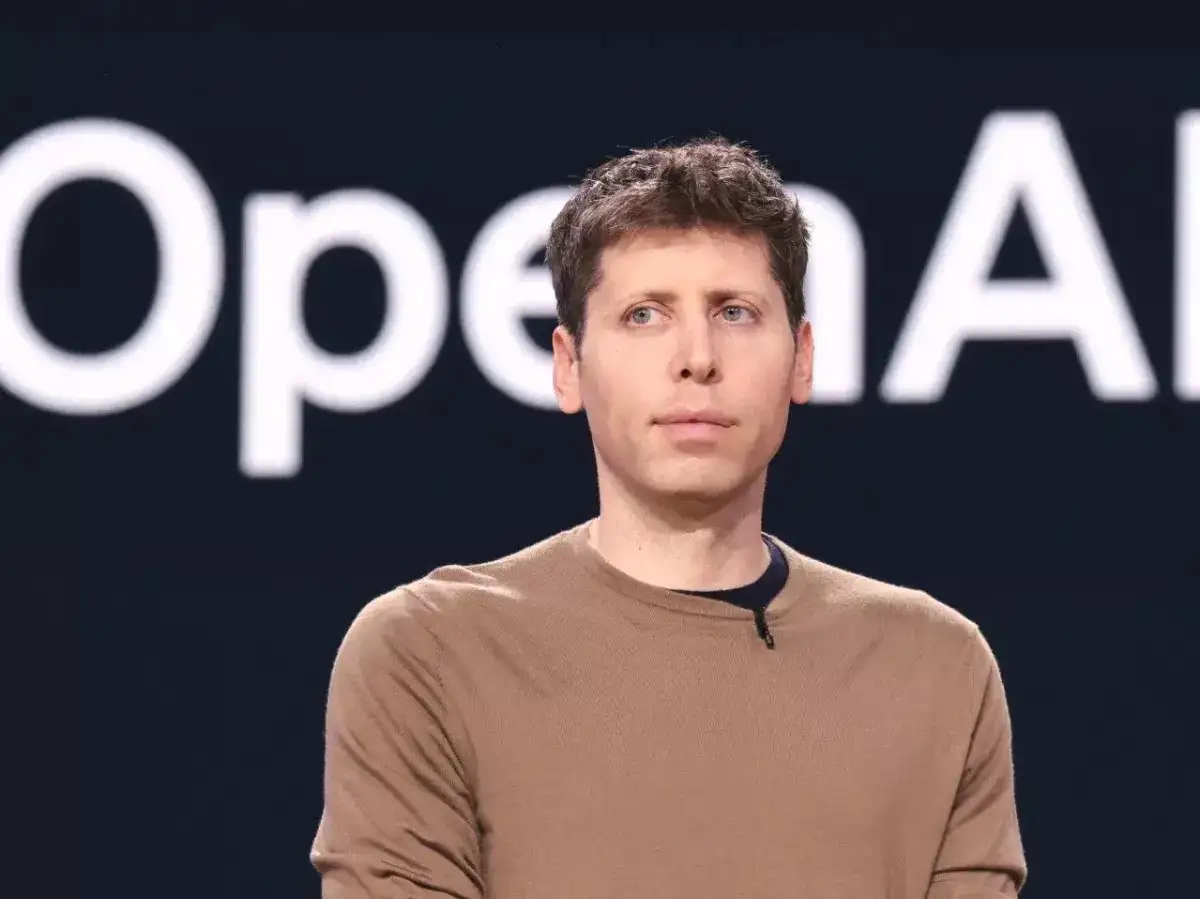Tech industry leader and OpenAI CEO Sam Altman has delivered a clear message to students preparing for their future careers: learn to work effectively with artificial intelligence tools.
Speaking in a recent Stratechery interview, Altman revealed that AI now handles over 50 percent of coding tasks in many companies, signaling a fundamental shift in the technology landscape.
“Like when I was graduating as a senior from high school, the obvious tactical thing was get really good at coding. And this is the new version of that. The obvious tactical thing is just get really good at using AI tools,” Altman explained. His comments highlight the growing importance of AI literacy as a core professional skill rather than a specialized capability.
The OpenAI chief’s advice comes amid mounting evidence that AI is transforming software development.
The Rapid Rise of AI Coders Human Skills vs. Machine Power
Anthropic CEO Dario Amodei has made even bolder predictions, suggesting that AI could generate up to 90 percent of code within just six months. Similarly, OpenAI’s Chief Product Officer Kevin Weil forecasts that AI may surpass human coding abilities by the end of this year.
Altman confirmed these trends, noting that AI’s role in coding has already become substantial across many organizations. He also discussed the emerging concept of “agentic coding,” where AI systems could take on more comprehensive coding responsibilities with limited human oversight.
While acknowledging that current models require further development before reaching this stage, Altman expressed optimism about the potential of these advanced automation approaches.
For students concerned about their career prospects in this rapidly evolving environment, Altman emphasized the value of developing broader skills rather than focusing solely on technical expertise.

Adaptability and resilience, he suggested, will prove especially valuable as the technological landscape continues to change. The ability to quickly learn and integrate new technologies will likely be more important than mastering any single programming language or framework.
Looking to the future job market, Altman predicted that demand for software engineers might gradually decline as AI capabilities expand. “Each software engineer will be able to do much more, but over time, we might need fewer engineers,” he observed. This doesn’t mean software development jobs will disappear overnight, but rather that the nature of these roles will change significantly.
AI and the Future of Work: A Gradual Shift
The transition won’t happen immediately, according to Altman. Job displacement due to AI will follow a pattern of slow initial change followed by accelerating transformation. Early impacts will be limited to specific areas before spreading more broadly across various industries and job functions.
These insights reflect a growing consensus among tech leaders that AI will fundamentally reshape the skills needed for professional success. Although coding will remain valuable, the ability to effectively direct and collaborate with AI tools may be equally or more valuable in the future.
Schools are already making the transition, with many computer science courses beginning to incorporate AI tool usage into their curriculum, along with the standard programming instruction. Some forward-thinking schools are developing specialized courses on prompt engineering, AI collaboration techniques, and learning the strengths and weaknesses of large language models.
For students today, Altman’s counsel is practical: keep building technical skills but also spend time learning how to use AI tools most effectively. This two-track approach may be the best preparation for an environment where human-AI collaboration is increasingly the emphasis.
As AI software continues to advance, the interaction between machine tools and human coders will only be more sophisticated. While present AI can already produce code based on specifications, its future counterpart could be capable of comprehending business issues more specifically and coming up with solutions with little direct human involvement.
For the workforce, Altman’s message is one of the importance of lifelong learning and adjustment. Yesterday’s method of getting the job done may not be adequate for tomorrow, and thus constant professional development becomes more and more important.
The technology leader’s projections are consistent with wider industry trends toward AI augmentation in the majority of professional fields. In medicine, law, and the arts, AI software is increasingly performing mundane tasks and freeing human professionals to do more complex, creative, and strategic work.






